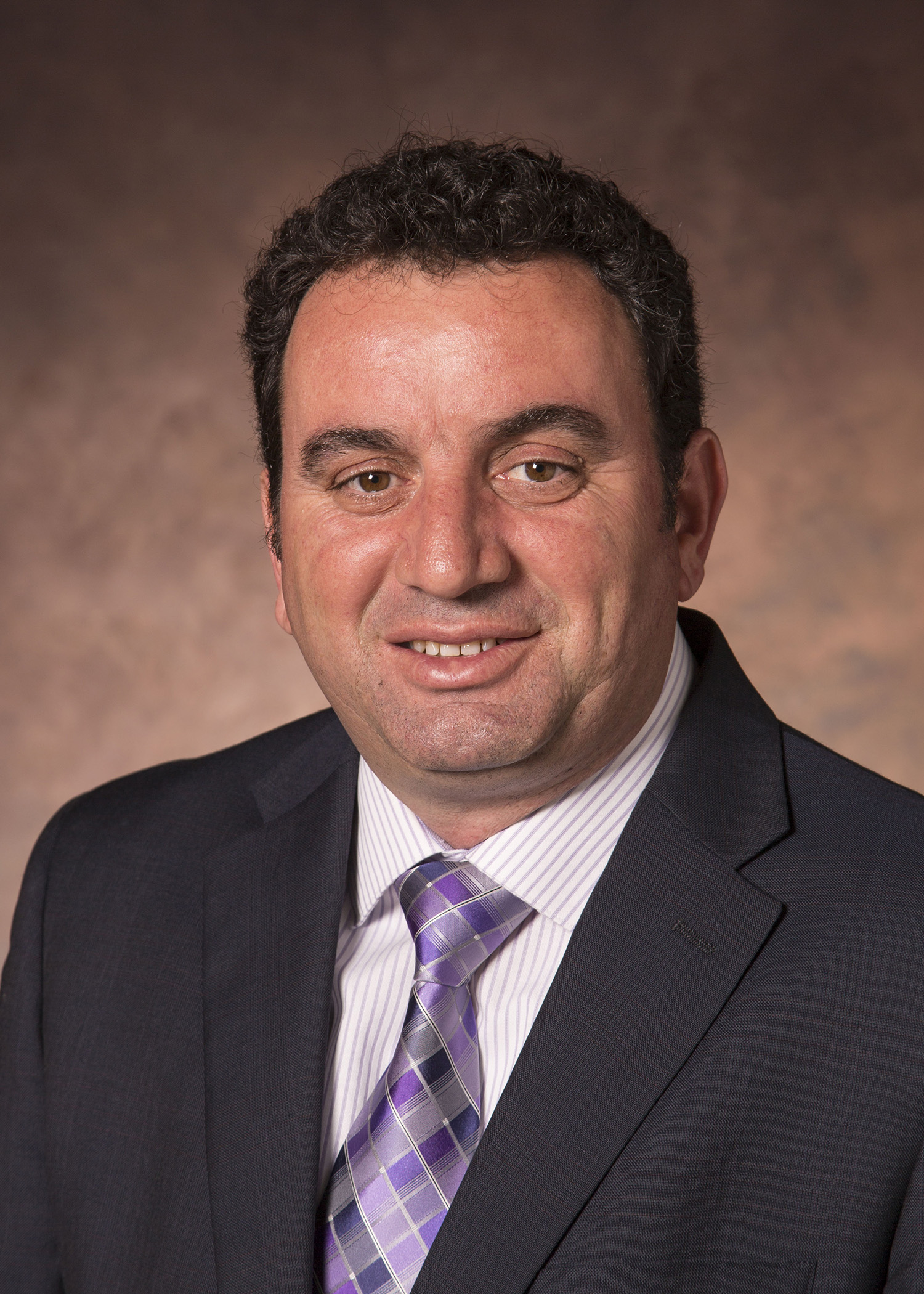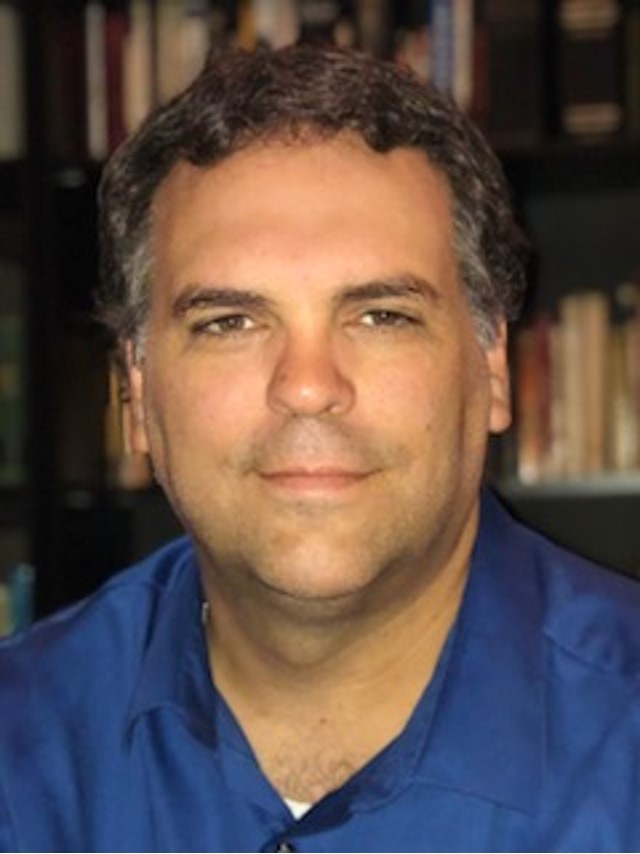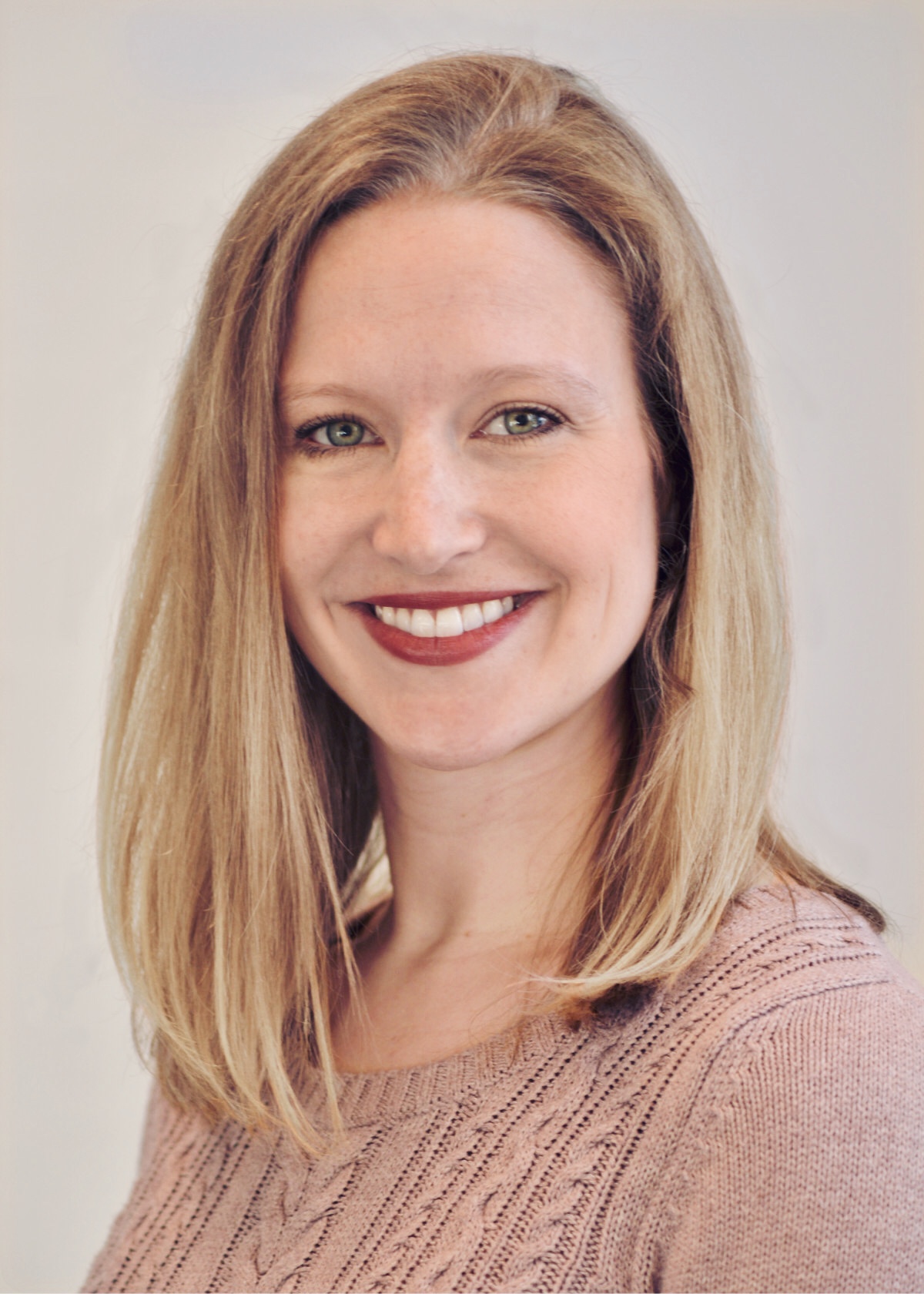Vicarious Liability and Ethics in Healthcare
Speaker(s):
Terri Cooley-Bennett, MSW, LCSW, LSCSW, CCDP-D, TTS
Presentation:
Professionals in Behavioral Health and Healthcare often function in a variety of roles. These include being key members of interdisciplinary teams, providing clinical oversight and supervision, and delivering services to vulnerable populations. Because of the unique challenges experienced, opportunities for ethical dilemmas and vicarious liability are not uncommon. As professionals, we are accountable not only for our own ethical behavior, but for the behavior of others including colleagues and supervisees. This continuing education program will provide an overview of common ethical principles with a special emphasis on Vicarious Liability or the doctrine of “imputed negligence”. As an important aspect of practice, resources for identifying, managing, and preventing ethical violations will be provided with the goal being excellent customer service to our clients, supervisees, colleagues, and agencies.
Objectives:
-
Participants will be provided with an understanding and overview of common ethical principles
-
Participants will define Vicarious Liability and will discuss the variety of ways that professionals and clinicians can be held accountable for Vicarious Liability or “imputed negligence”
-
Participants will describe Interdisciplinary Team Collaboration as it relates to Ethics and Liability
-
Potential Ethical Dilemmas which are common in a healthcare setting that arise from Vicarious Liability will be considered and options for managing the dilemma will be introduced
-
Participants will examine strategies that will aide in the prevention of ethical violations and will determine how to address good, better, and best responses to common dilemmas
Slides and Handouts:
COOLEY-BENNETT_2021 Vicarious Liability and Ethics In Health Care






